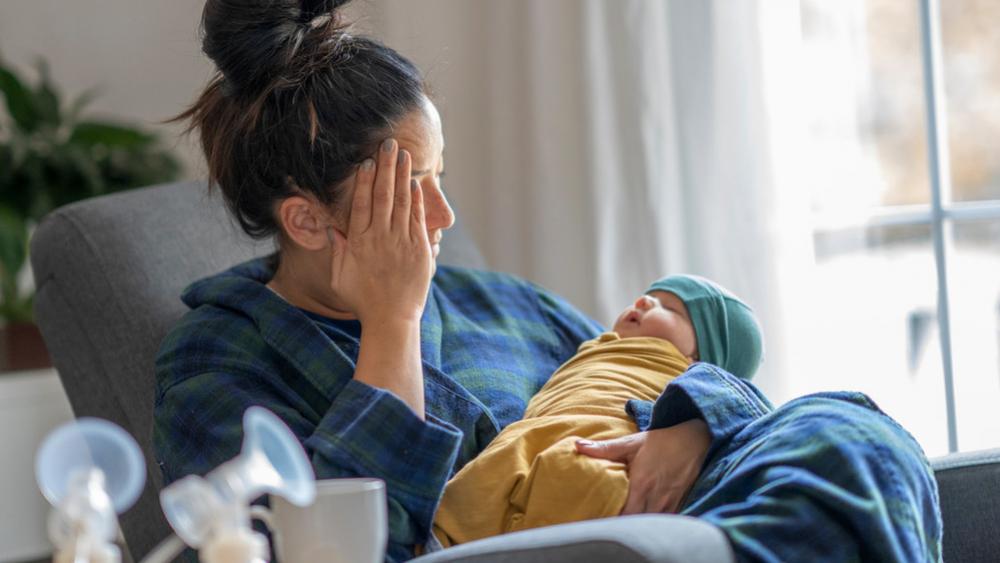




Methodist in the Media
During the Pandemic, More Moms Have Postpartum Depression. Here's What a Doctor Says To Do:
Published: May 3, 2021

Experts say it’s normal for new moms to experience a wide range of emotions as their hormones cycle after delivery and they find themselves anxious about taking a new baby home. That’s characteristic of the baby blues, or postpartum blues.
“You’re laughing one minute and you’re crying the next minute. You kind of don’t have control of your hormones,” said Dr. Lori Platt, an OB/GYN at the Methodist Physicians Clinic in Council Bluffs.
Postpartum depression is when those physical, emotional and behavioral changes are more intense or last longer.
Platt described it like this: “If you’re crying all the time, or if the baby is crying and you don’t care, or if you don’t want to get out of bed or talk to anybody, or you’re isolating yourself, that’s more consistent with what we would describe as postpartum depression.”
Prior to the pandemic, postpartum depression and anxiety affected between 10% and 25% of new moms. In 2020, those numbers rose to 40%, according to a study from Brigham and Women’s Hospital in Boston. And that’s just for the depression component, Platt said. Other studies have found postpartum anxiety in nearly 80% of new moms.
The Omaha World-Herald: During the Pandemic, More Moms Have Postpartum Depression. Here's What a Doctor Says To Do

